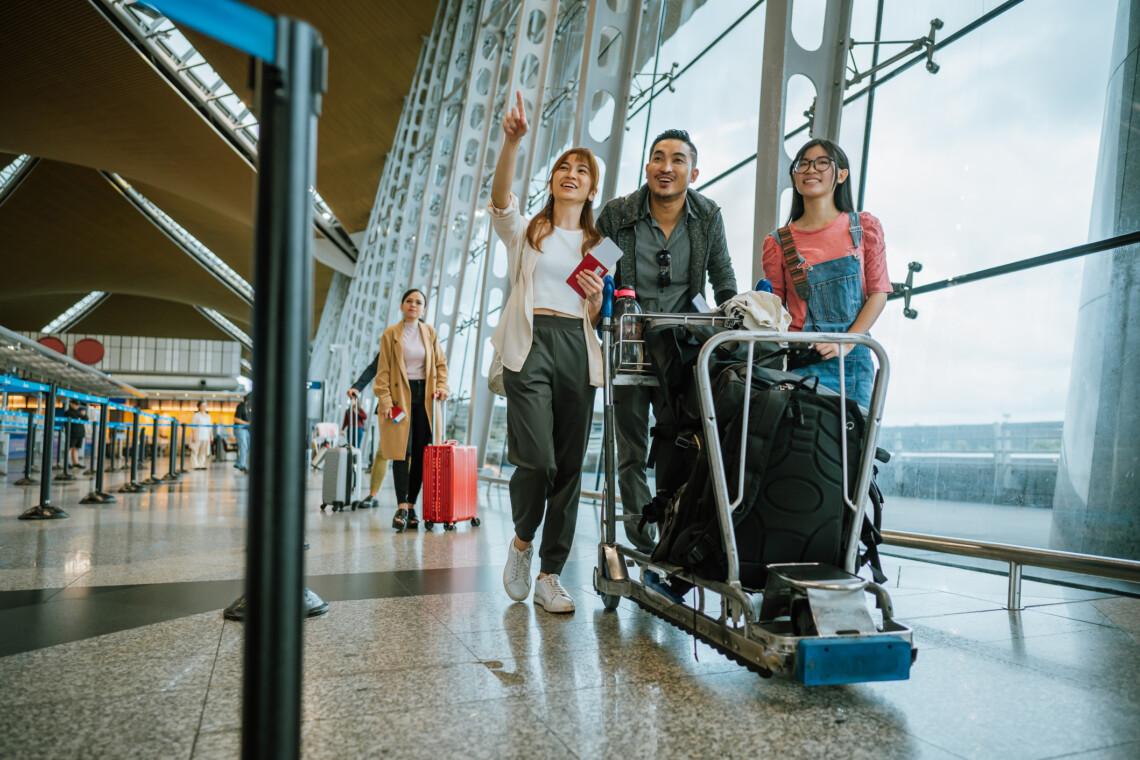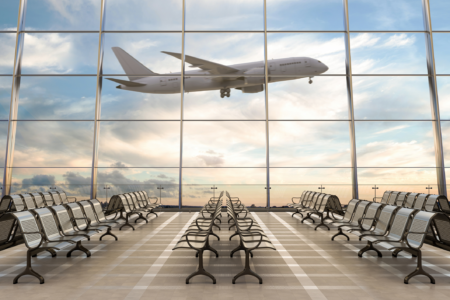How has your 2023 been? Looking back, does travelling make to the list of your core memories or do you wish to have travelled more?
According to a Cornell University study on experiential and material purchases, people tend to experience a direct increase in happiness from just planning a vacation. In addition, another research from the Marshfield Clinic in Wisconsin also found that travel lowers the risk of depression especially among women.
We truly hope that travelling is included in your yearly planning and budgeting because the benefits of seeing the world, no matter in or out of the country, are some of the most irreplaceable moments you can treasure forever.
This year, you can make a more conscious effort to save up and travel at least once, and we have some tips to ease your anxiety about taking your next vacation.
Here are what to research before travelling:
1. Research your travel location
This goes without saying and is probably one of the first things you will do anyway. Before travelling, make sure you do proper research about the places you will be going. This includes the accommodation you will stay and its surrounding area – you must be aware of what are some of the restaurants, convenience stores, banks, train or bus stations, clinics/pharmacies/hospitals that are nearest to your hotel or Airbnb.While this seems common to know, many people don’t list down or pin the essential places until they need them. Imagine you are unwell and need to visit a doctor or are in urgent demand for some cash, you need to know the nearest clinic or bank that is accessible to you.
To make it easier, you can pin all the important places around your accommodation on Google Maps and obtain all of the information easily as you’ve saved their details:
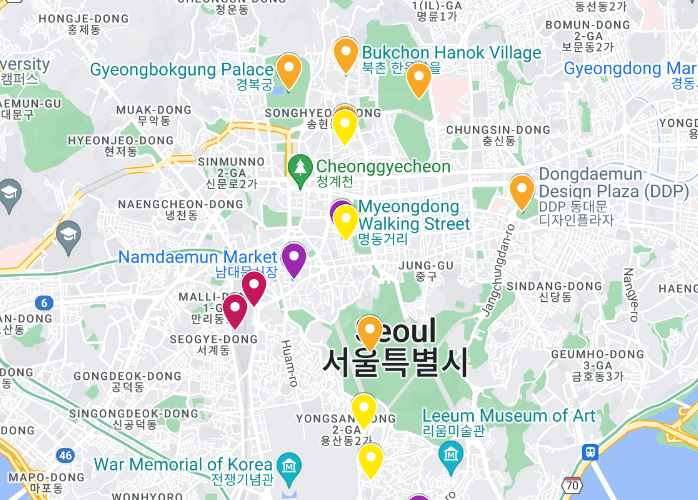
For anxious travellers, conducting in-depth research before taking a trip will help you feel more at ease as you will somewhat memorise what is nearby. For first-timers who visit a foreign place, it will also be a huge relief to have grasped the nearby areas of your accommodation and avoid being scammed during the trip.
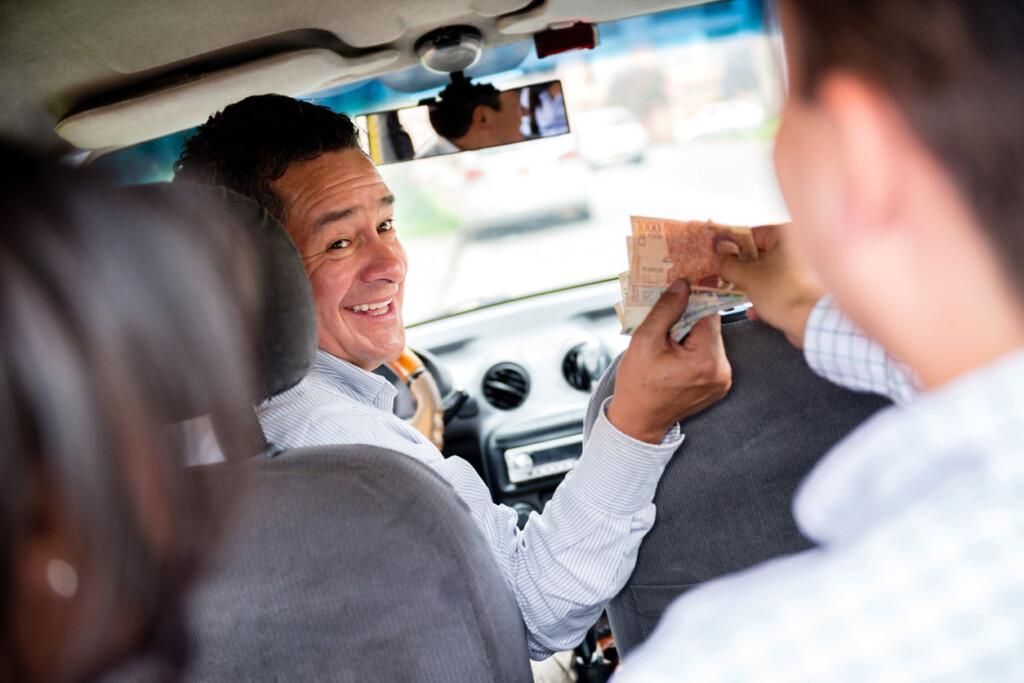
2. Research your travel insurance
Once your travel itinerary is put in place, research a few options for travel insurance that can meet your travel needs and coverage. If you are travelling domestically and not by air, as long as your medical and personal accident insurance are covered, travel insurance may be supplementary but if you are taking a flight or boat and travelling abroad, it becomes very crucial.According to Insuranks, at least 77% of consumers do not plan to purchase travel insurance for an upcoming trip and this goes to show that many people are still taking travel insurance for granted.
For instance, travel insurance can cover the cost of your missing baggage, trip cancellation or delay, emergency evacuation and other mishaps that may lead you to amend your trip. More importantly, having the proper coverage can protect you from unexpected medical expenses or emergencies overseas.
Wouldn’t it be great to travel with peace of mind instead of burning a hole in your pocket and paying for the aftermath of unfortunate incidents?
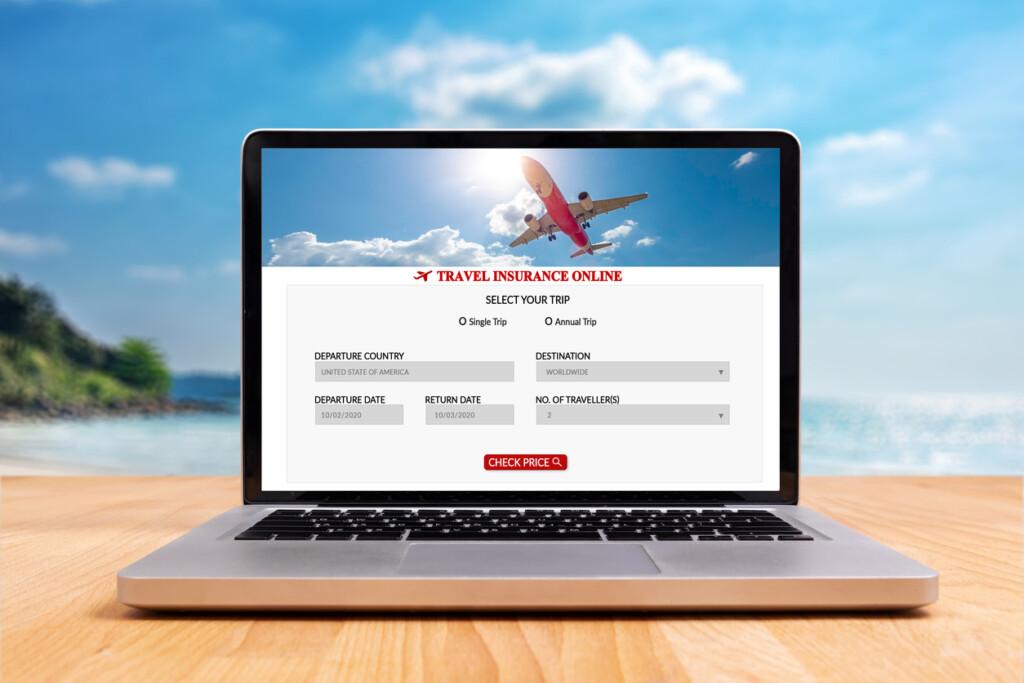
By doing research way ahead of your trip, you can protect your trip investment and have the time to compare different insurance plans. You can even allocate more money for better protection and not just have basic coverage.
3. Research your travel gear
Upon organising your trip, be sure to check the required equipment, gear, clothing and tools that you need to use. By researching early, you can avoid any last-minute shopping for crucial items especially when they are needed in your travel activities.For example, simple things like swimming attire and walking shoes or essential gear for hiking or fishing may need to be replaced or repaired prior to your trip. In a timely preparation, you can save a lot of money by purchasing items with the best value and quality instead of buying whatever there is at the eleventh hour.
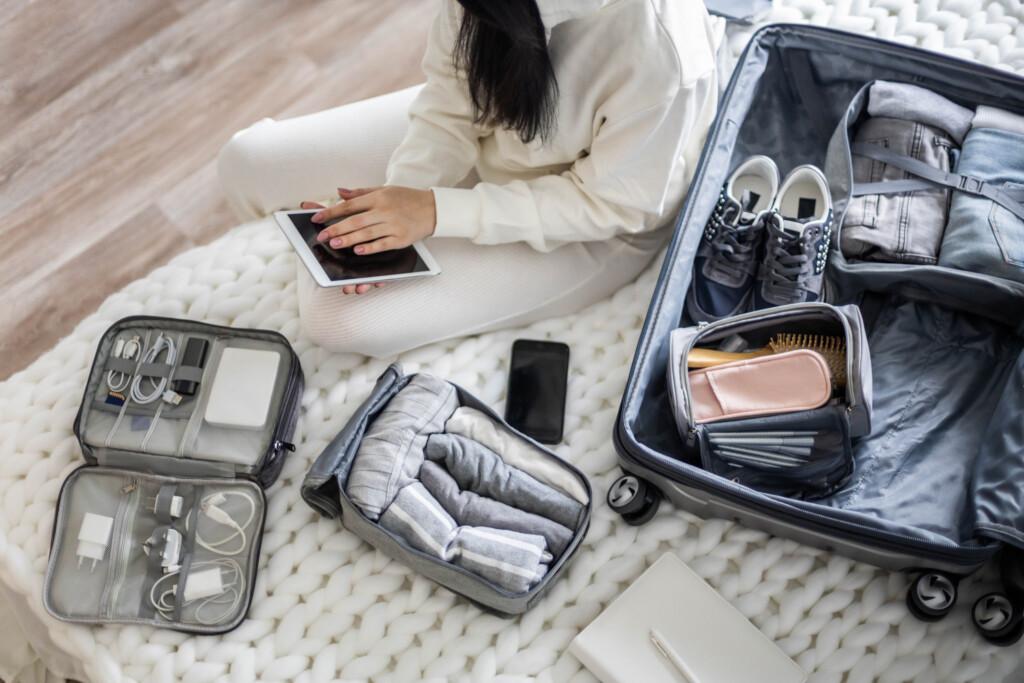
4. Research the latest happenings
Last but not least, stay on top of the local news of your travelling location to be aware of the current happenings including natural disasters or bad weather that can hamper your travel experience, recent crime, venue closure and changes to local policies that will impact your plan such as train fare and hotel regulations.You can set Google alerts by entering the topic you want to know and follow related pages or profiles on social media to stay updated.
By regularly checking on news about a particular scope or place, your device’s algorithm will pick up on your reading or viewing interest and will continue to feed relevant information as you go.

In a nutshell, doing research will greatly contribute to better preparation for your trip, which in turn leads to a confident traveller who has great decision-making skills in good or bad circumstances.
Whilst, indeed, you can never expect the unexpected, having the knowledge and preparedness before a vacation can help you handle any unfavourable situation that can arise. If you are a follow-the-flow kind of traveller, it also won’t hurt to do some research for a Plan B (or C, D, E and so forth) especially with the increase in COVID-19 cases, it is better to have some flexibility ready in your itinerary.

